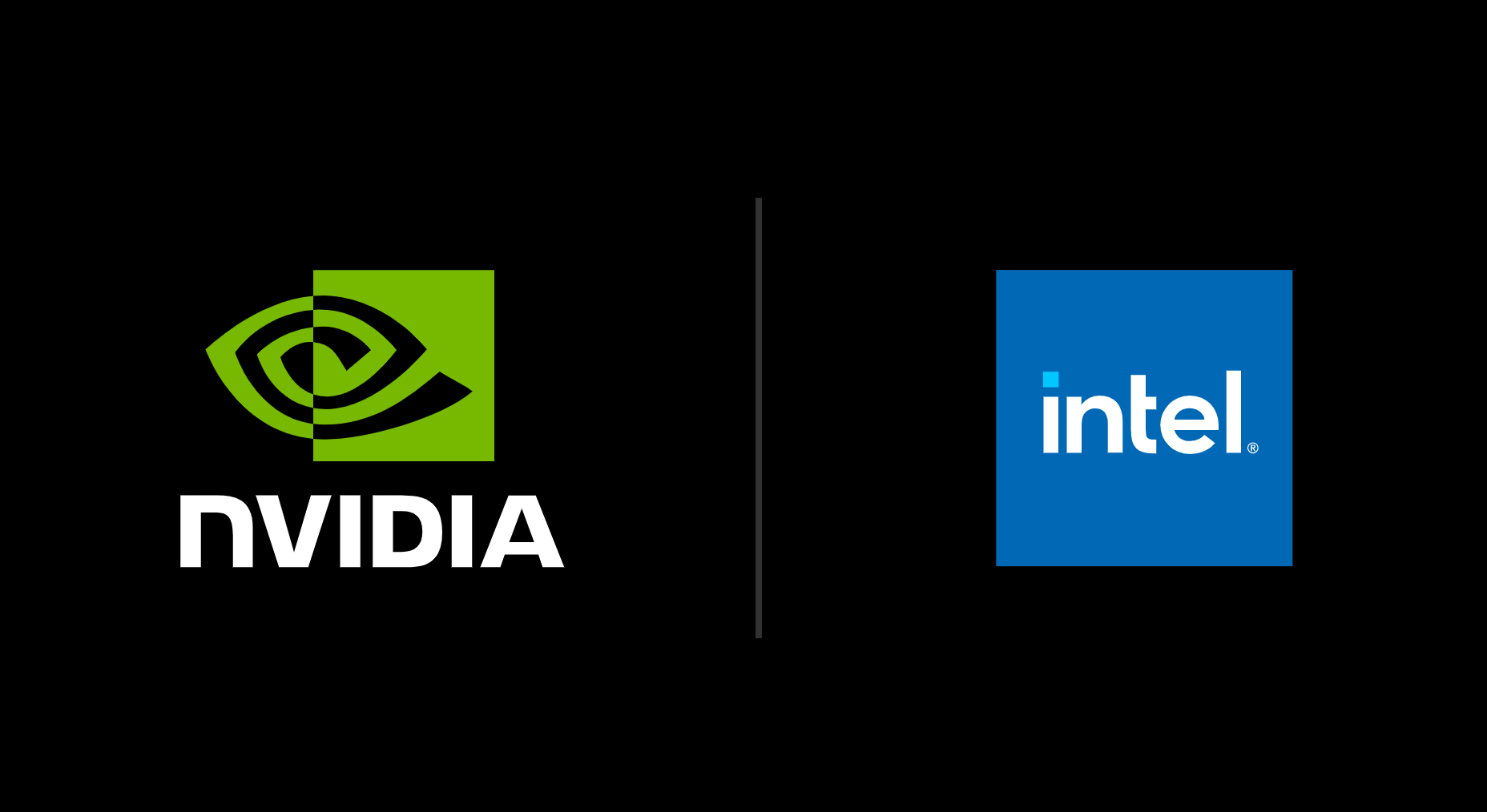Maximilian Schreiner
Max is the managing editor of THE DECODER, bringing his background in philosophy to explore questions of consciousness and whether machines truly think or just pretend to.
Read full article about: Deepseek says training its R1 model cost just $294,000
According to a study in Nature, Chinese AI company Deepseek trained its R1 language model for only $294,000. The run used 512 Nvidia H800 chips developed specifically for the Chinese market. Nvidia confirmed the chips were delivered before U.S. export restrictions took effect. In its technical paper, Deepseek also admitted to using A100 GPUs during preparation for a smaller prototype, after U.S. officials had earlier suspected the company of holding unauthorized H100s.
The figure does not include the much larger costs of training Deepseek’s underlying V3 foundation model. Estimates for that project vary widely, ranging from tens of millions to several hundred million dollars depending on the source.
Deepseek’s claim of unusually low training costs previously rattled global tech markets, triggering sharp declines in the share prices of major AI hardware and software companies.
Read full article about: Meta in talks with major publishers over AI content licensing
Meta is in negotiations with publishers including Axel Springer, Fox Corp., and News Corp. about licensing deals that would allow the company to use news articles in its AI products, such as chatbots. The talks were first reported by the Wall Street Journal.
The company has already secured a licensing agreement with Reuters, but its broader discussions with media companies have only recently begun. For Meta, the move marks a shift: in 2022 it shut down Facebook’s News Tab and stepped back from directly funding journalism.
Other tech companies have moved earlier in this area. OpenAI has inked content deals with publishers such as Hearst, while Amazon has also pursued licensing agreements. Rising resistance from publishers over the use of their material for AI training has become the backdrop for these negotiations.







